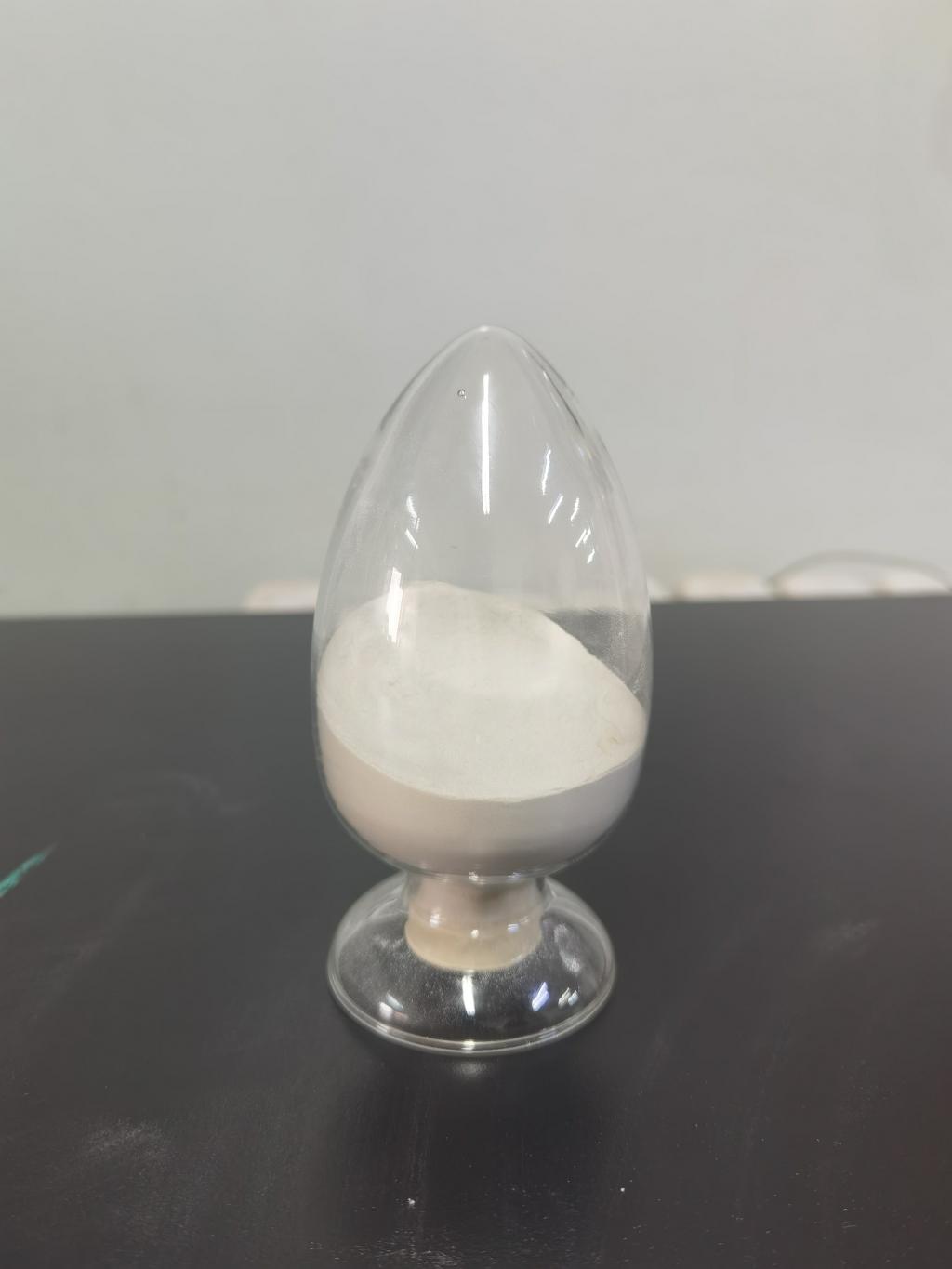Tel:+8618231198596

News
 CONTACT
CONTACT
 CONTACT
CONTACT
- Linkman:Linda Yao
- Tel: +8618231198596
- Email:linda.yao@dcpharma.cn
- Linkman:CHARLES.WANG
- Department:Overseas
- Tel: 0086 0311-85537378 0086 0311-85539701
News
Current Position:
Home >
News
>Is Nisin safe for consumption and are there any potential side effects?
Is Nisin safe for consumption and are there any potential side effects?
TIME:2023-07-11
Regulatory Status of Nisin:
Nisin has been approved as a food preservative by numerous regulatory bodies around the world, including the United States Food and Drug Administration (FDA) and the European Food Safety Authority (EFSA). These organizations have reviewed extensive scientific data and concluded that nisin is safe for consumption when used within specified limits.
Toxicity Studies:
To assess the safety of nisin, various toxicity studies have been conducted. These studies have consistently demonstrated a lack of acute toxicity, mutagenicity, carcinogenicity, and reproductive toxicity associated with nisin consumption. Additionally, nisin has been shown to have a low potential for allergic reactions.
Metabolism and Absorption:
Studies on the metabolism and absorption of nisin in animals and humans have indicated that it is broken down into smaller peptides and amino acids during digestion. The absorbed nisin peptides are eliminated from the body via normal metabolic processes without accumulating or causing systemic toxicity.
Antibiotic Resistance:
One concern often raised regarding antimicrobial agents is the potential for contributing to antibiotic resistance. However, nisin has a different mode of action compared to conventional antibiotics, making it unlikely to promote resistance development. Studies have shown that bacteria are less likely to develop resistance to nisin, reducing the risk of creating antibiotic-resistant strains.
Potential Side Effects:
While nisin is generally regarded as safe, some potential side effects have been reported, although they are relatively rare. These side effects include gastrointestinal disturbances, such as diarrhea, stomach cramps, and nausea. However, it's important to note that these effects are typically observed at very high doses, far exceeding the concentrations used in food products.
Allergy Concerns:
Nisin is derived from bacteria, and individuals with known allergies to certain bacteria or bacterial products may be at a slightly higher risk of experiencing an allergic reaction. However, severe allergic reactions to nisin are extremely rare, and the overall incidence of allergic responses to nisin remains low.
Dose Considerations:
The concentrations of nisin used in food products are strictly regulated to ensure safety. The Acceptable Daily Intake (ADI) for nisin, as determined by regulatory authorities, specifies the maximum amount that can be safely consumed on a daily basis. Adhering to these limits helps prevent potential adverse effects and ensures the safety of nisin as a food preservative.
Conclusion:
Based on extensive research and regulatory evaluations, nisin is considered safe for human consumption when used within approved limits. Its low toxicity, lack of systemic accumulation, and limited potential for antibiotic resistance make it a valuable tool in food preservation. While potential side effects exist, they are rare and primarily associated with excessive consumption. As with any food additive, it is essential to adhere to regulatory guidelines and ensure responsible use to maintain the safety and integrity of food products.
- Tel:+8618231198596
- Whatsapp:18231198596
- Chat With Skype







